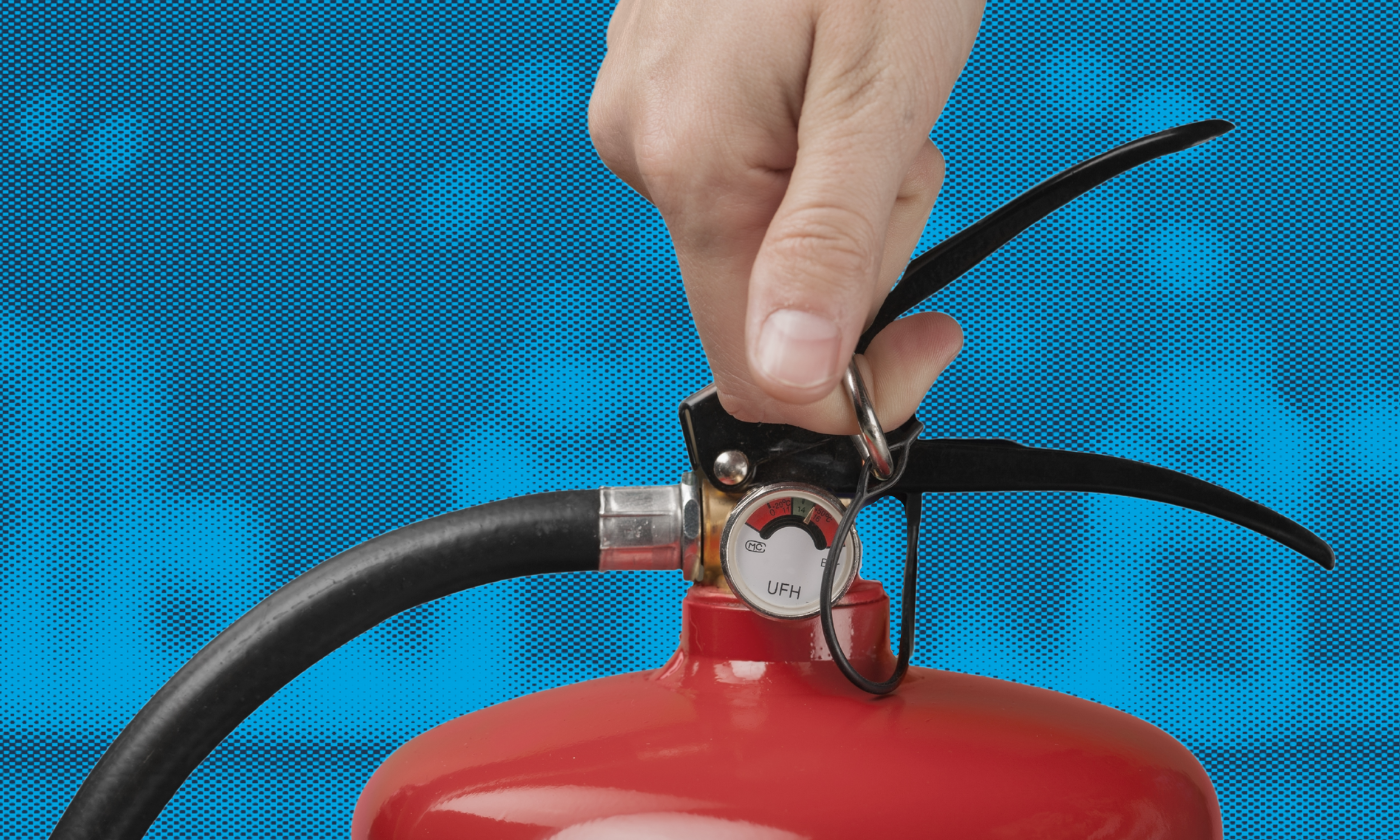全国の教育機関が学生の復帰を歓迎し始めています。一年でこの時期は楽しい時期ですが、知的発達と社会性発達の両方を促す環境を整えるためには、学生が学び、眠り、食事をする場所で適切な安全対策を講じることが重要です。安全上の懸念として見落とされがちなのが、キッチンや教室など、学生が大勢集まる場所やガスの使用が必要な場所での天然ガスの危険を検知し、管理することです。
学校や教育施設では、検知が最も必要とされるため、天然ガス検知の重要性を強調することが重要です。緊急対応計画の策定から規制要件の遵守まで、天然ガスの安全性を最優先にすることは必須です。天然ガスの安全計画と検知器を設置することは、生徒と職員の安全確保に役立ちます。
生徒の安全を守る
天然ガスの漏れは、検知されず対処されないと、火災、爆発、危険など、教育機関が無視できない、はるかに大規模で危険な状況につながる可能性があります。教育への取り組みの中心にあるのは、学生と職員の命を守ることです。
学生と職員の安全を守るためには、学校のキャンパス内の危険度の高いゾーンがどこにあるかを把握することが重要です。1 つの建物を扱う場合でも、大規模な大学キャンパス内の何百もの建物を扱う場合でも、すべての場所に機能的な天然ガス検知器を設置することが、広範囲にわたる安全を確保する上で不可欠です。早期の検知と対応は、損害や損失を防ぎ、人命を救うために不可欠です。
学校敷地内の高リスクゾーンには次のようなものがあります。
- 研究所
- 化学物質貯蔵施設
- 寮のキッチン
- カフェテリア
しかし、このリストは網羅的なものではありません。 米国エネルギー省の 2016 年のレポートによると、より多くの大学キャンパスが天然ガスを電源として利用する方法を見つけており、その多くがキャンパス内のあらゆる建物の暖房、冷房、電力に天然ガスを使用しています。天然ガスは授業料の削減など、特に経済的なメリットがある有利な電源ですが、適切な監視とメンテナンスを行う必要があります。
コンプライアンス規制の遵守
適切かつ効果的な天然ガスの安全性を確保するには、最新のガス検知器規制とコンプライアンス ガイドラインに従う必要があります。ガス検知システムの有効性を確保するには、定期的な検査、チェック、再調整が不可欠です。
天然ガス検知規制への準拠は、単にチェックボックスにチェックを入れることではありません。教育機関で安全文化を育むことです。学校がこれらの基準を満たすことは、生徒と教職員の生命を守るというコミットメントと、安全な学習環境を維持するという献身を示すことになります。
包括的な安全計画の作成
天然ガス検知器を設置するだけでは、総合的な天然ガス安全対策の始まりに過ぎません。潜在的な危険から完全に保護するために、学校は詳細な緊急対応安全計画を確立する必要があります。この計画は、天然ガスの安全基準を遵守し、保護者や地域社会に安心感を与え、技術保守手順を取り入れたものでなければなりません。
キャンパスの対応プロトコルを開発するのに最適な出発点は、避難手順の概要を定め、緊急サービスと連携することです。定期的な訓練やトレーニング セッションは、スタッフや学生が緊急事態に直面しても安心できるようにするだけでなく、逆境に対する学校の備えを強調することにもなります。このため、キャンパス内のすべての人がいつでもユニバーサル対応プランにアクセスできるようにすることが重要です。学校内のすべての人がガス安全プロトコルに精通していれば、学校は団結して危機の際に効果的に対応する準備が整います。
学校はコミュニティの不可欠な部分であり、保護者は学校に最も貴重な財産である子供たちを託しています。学校はガス安全対策を透明に扱い、情報を広めることで、子供たちが何よりも安全を優先する環境で学び、成長しているという安心感を保護者に与えます。保護者、後見人、そしてより広範なコミュニティとの定期的なコミュニケーションは、彼らに情報を提供するだけでなく、フィードバックや協力の機会も提供します。保護者がつながりを感じ、情報を得ていると感じれば、学校に対する自信と信頼が強まります。
天然ガス検知システムを最適に機能させるには、定期的なメンテナンスが必要です。校正、チェック、そして注意深い施設管理チームは、キャンパスのガス安全の重要な要素です。スタッフ、学生、施設管理チームは協力して、ガス検知システムが最適な動作状態にあることを確認する必要があります。
DeNova Detect 天然ガス警報器
教育機関の学生と職員の安全は最優先に考えなければなりません。天然ガスの漏れは放置すると危険を伴うため、計画を立てておくことが不可欠です。適切な検知システム、規制への準拠、総合的な安全戦略があれば、学校は好奇心、学習、安全が調和して共存する環境を作り出すことができます。
当社の DeNova Detect 天然ガス警報器は、優れた特許取得済みのセンサー技術を利用して、市場の他の天然ガス検知器より 11 分早く漏れを知らせます。当社の早期警告検知技術と独自のMEMS ガスセンサーにより、 600 倍の省電力エネルギーが実現します。DeNova Detect で最高の天然ガス検知を実現しましょう。
天然ガス警報器が学校の安全をどのように守ることができるかについて詳しく知りたい場合は、 info@denovadetect.comまでお問い合わせください。





コメントを書く
このサイトはhCaptchaによって保護されており、hCaptchaプライバシーポリシーおよび利用規約が適用されます。